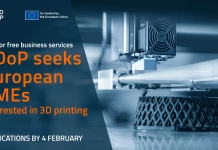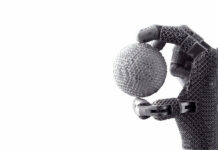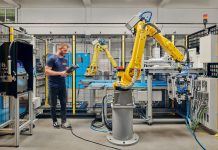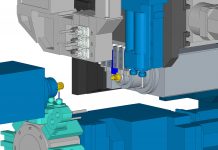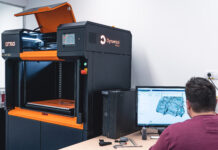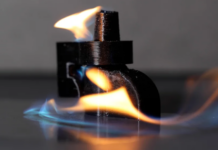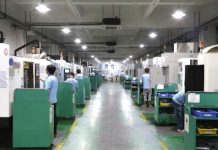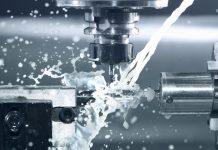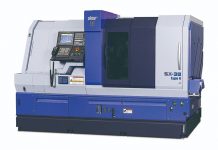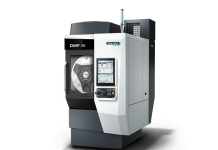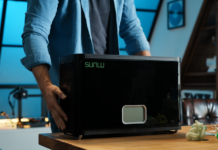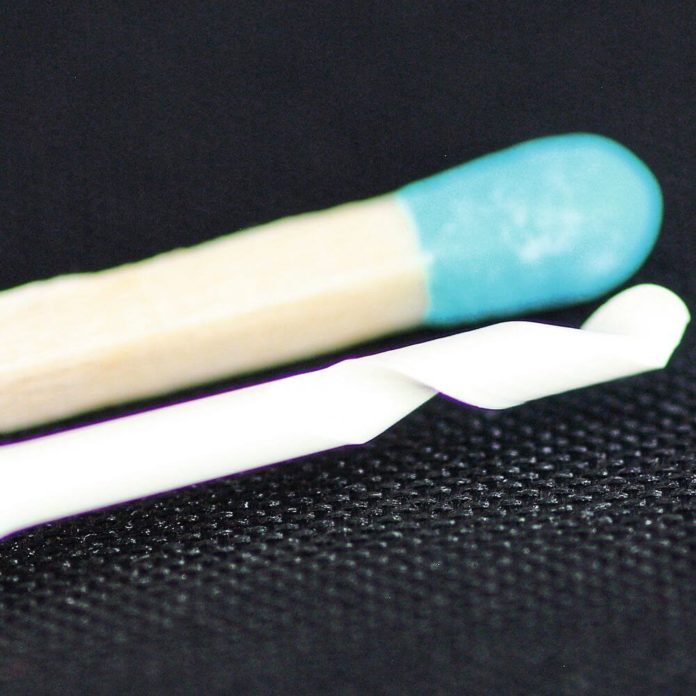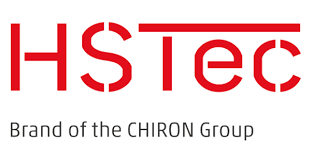A high-performance ceramic working material for medical cutting tools eliminates spread of abraded metal particles into body tissue.
The ceramics specialist Oximatic, founded in 2005, exhibits at this year’s Hannover Messe a bio-compatible high-performance ceramic developed specially for medical cutting tools. It ensures that no metal particles get into the body during surgical operations and work on implants.
Implants such as hip joint sockets are usually manufactured from bio-compatible polyethylene. For lasting and reliable functioning, they have to be adapted individually. In the past, this was generally done with hard-metal tools, from which metal particles could be left adhering to the implant and thus find their way into the body.
With this new ceramic working material, this is no longer possible. It is bio-compatible and bio-inert; that means that chemical or biological interactions with body tissue are ruled out.
Ceramic cutting tools are suitable not only for adapting implants individually, but also for direct orthopaedic interventions, whether in scalpels or in saws for resection of bone material.
Another development is drills for bones which do not remove material, but displace and compress it. This is suitable for anchoring dental implants, for example – safely and metal-free.


